Products tagged with 'spacecraft'
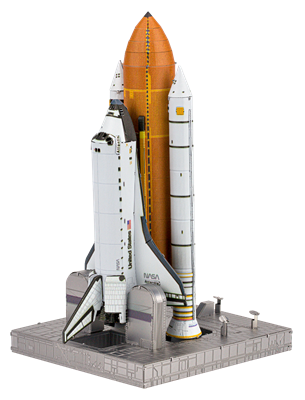
ICX227
Space Shuttle Launch Kit
Over 15 stories tall, the external tank flanked by two booster rockets, enabled the space shuttle to escape Earth’s gravity and send it into orbit. The two booster rockets would burn 9 tons of fuel per second, at a velocity of 3000 miles per hour.
Shuttle nameplates included:
Atlantis, Discovery, Endeavor and Enterprise.
Shuttle nameplates included:
Atlantis, Discovery, Endeavor and Enterprise.
$0.00
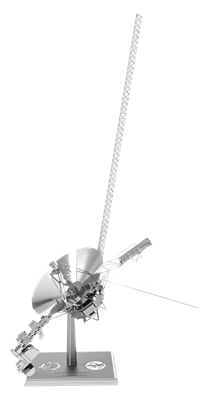
MMS122
VOYAGER
The Voyager Spacecraft: Consist of two robotic probes that were built by Jet Propulsion Laboratory in Southern California and launched by NASA in 1977. Their primary mission was the exploration of Jupiter and Saturn. Both Voyagers are now tasked with exploring interstellar space.
$0.00
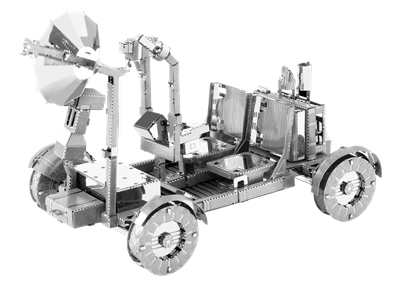
MMS094
APOLLO LUNAR ROVER
Was affectionately known as the moon buggy. It was used on the moon in the last three missions of the American Apollo program (15, 16, 17) during 1971 and 1972. Powered by only two silver-oxide batteries, the Apollo 17 was able to drive for 35.74 km (22.21 miles) across the surface of the moon.
$0.00
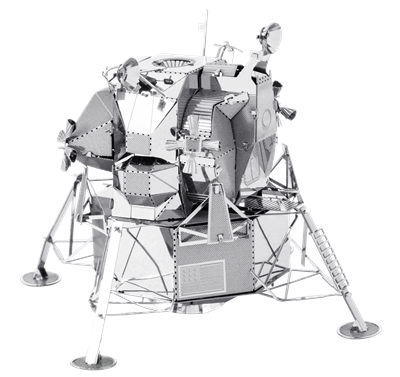
MMS078
APOLLO LUNAR MODULE
Was a two part spacecraft used to carry a crew of two from lunar orbit to the surface of the moon and back. The descent stage served as the launch pad for the ascent stage plus it housed the landing gear, engines and fuel needed for landing. Six such craft successfully landed on the Moon between 1969 and 1972.
$0.00
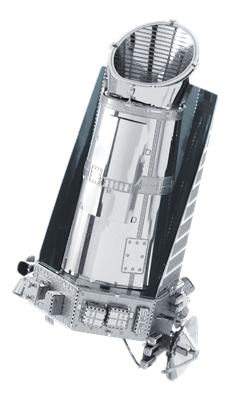
MMS107
KEPLER SPACECRAFT
Kepler is a space observatory launched by NASA to discover Earth-size planets orbiting other stars. Named after astronomer Johannes Kepler, the spacecraft was launched on March 7, 2009, into an Earth-trailing heliocentric orbit.
$0.00















